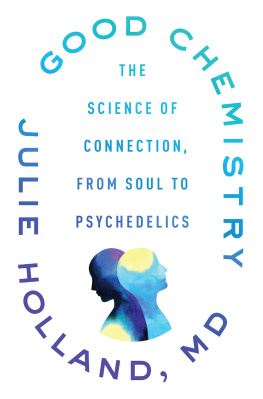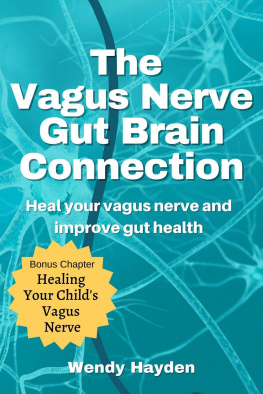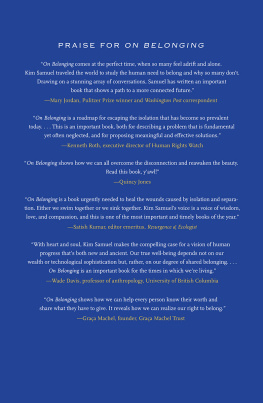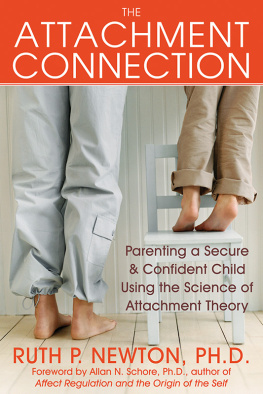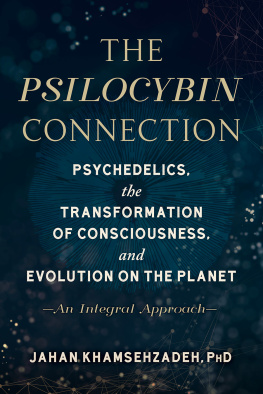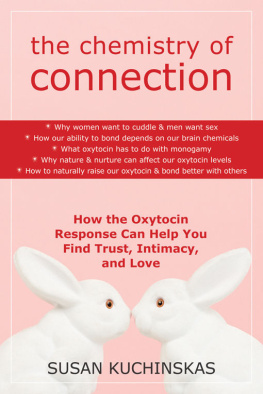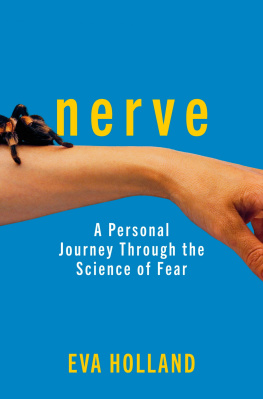they are three together, they are for each other.
Loneliness does not come from having no people around you, but from being unable to communicate the things that seem important to you.
CARL JUNG
Soul isnt something psychiatrists bring up, certainly not in professional settings. It wasnt always that way. After all, psychiatry means the medical care of the psyche, which is the Greek word for soul. But in the early decades of this science, as psychiatrists struggled to professionalize and gain broader acceptance, they focused on the scientific method and reproducible results. Talking about a statistically unverifiable concept like the soul was frowned upon. And yet I find myself using the word with my patients more and more. There are times when nothing else fits. I used to apologize before I said it, but I dont anymore.
Another word thats making a comeback is psychedelic. Drop the tie-dye, and it means mind-manifesting. Thats not so bad, right? These medicines were being researched in psychiatry throughout the fifties and sixties. But in 1971, after hundreds of published papers showed thousands of safely treated research subjects, the Controlled Substances Act set severe restrictions on a huge shopping list of psychoactive substances because of increasingly widespread popular experimentation. They placed them in Schedule I, meaning they had no accepted medical use and a high potential for abuse. Because of this scheduling, nearly all research and development was shut down immediately. For the past fifty years, scientific study of these substances by any officially sanctioned institution was practically nonexistent.
Thats been changing lately, as studies by persistent researchers have achieved startling results with conditions like depression, substance dependence, and post-traumatic stress disorder. Our own federal government has taken notice, labeling both MDMA (also known as Ecstasy or Molly) and psilocybin (the psychoactive chemical in magic mushrooms) as breakthrough therapies, setting in motion a sequence of regulatory events that could lead to their official reclassification in the near future. Some cities are already decriminalizing personal use of these drugs.
Theres a reason words like soul and psychedelic are coming back into vogue now; theyre key players in fixing a hole that is growing by the day. Focusing on the soul as we do the mind, through medically supervised psychedelic use, has the potential to bring us back into alignment with our true purpose, which is connection. Our brains are wired to reward a state of unity because its how we survive, reproduce, and nurture our young. If these actions werent immensely pleasurable, wed die out as a species. We are social primates. In fact, our species is categorized as obligatorily gregarious. This means we have to be social in order to survive, and we are hardwired for connection.
This is where good chemistry comes in.
When two people hit it off right from the start, we say they have good chemistry. They connect; they mesh; they complement each other. Perhaps they even seem to become one. In physics, chemistry, and biology, opposites attract, creating a strong, unified whole. This sort of pair-bonding occurs throughout nature: in the animal kingdom during mating, when neurotransmitters dock onto receptors, when a tree and a mycelial network share resources (think of it as a mushroom internet), and when two atoms share their electrons to align in a chemical bond. Good chemistry is everywhere, pouring the foundation for strong connections.
When they occur in humans, these acts of bondingof reliance and interdependenceignite pharmacological fireworks in our brains. They are referred to as affiliative behaviors and are designed to reward us chemically, helping to ensure our survival. The more we lock into oneness, the better we feel. Being held in a lovers arms, holding a baby, and helping a neighbor can all trigger this satisfying sense of feeling hooked in. When we belong, we feel safe; we can relax. This is why we do it.
In the modern world, most of us have discovered ways to mimic that good chemistry without actually connecting, perhaps not even realizing its only a workaround. We stay glued to our phones and it feels goodbut not quite good enough. Synthetic substitutes dont work as well as natural ones. There is a great saying in addiction medicine: you can never get enough of something that almost works. This insatiability fuels the engine of addiction. When it comes to drugs, they dont completely scratch that itch, and some drug users will opt for quantity over quality, chasing that elusive high. When it comes to human connection, when we dont get what we need, we become compulsive in our consumption of nearly everything else. And I can see, nearly everywhere I look, that we are not getting what we need. Not even close.
Theres a loneliness epidemic in this country. I witnessed it most acutely in my patients at Bellevue Hospital, where I spent nine years as the doctor in charge, running the weekend night shift at the psychiatric ER. But I also see it now, in my private practice patients in New York City. They dont have enough meaningful connections in their lives. And it hurts. One definition of patient is one who suffers. Using that, I feel like I can diagnose the whole city. I see this sense of isolation on the streets and subways and trains of my commute. Most frightening of all, I now notice that same terror of loneliness in the searching eyes of babies faced with the back of a cell phone.
The vicious cycle of loneliness and being glued to our screens is the elephant in the room. We dont want to talk about it because then we will have to do something about it. Most of us are already waist-deep in our addiction and deeply in love with our devices. In fact, time spent on a screen can generate brain chemistry similar to infatuation and attachment, the two stages of falling and staying in love that well go over in more detail in .
Were a world in denial of our own digital dependence. We see it in our kids, we see it in ourselves, yet most of us do nothing. We simply dont want to stop, even though the message from the data is clear: more time alone with your glowing screen makes you more unhappy. (Several longitudinal studies of teenagers show a direct correlation, with unhappiness rising proportionally as screen time increases. In an unrelated study, its curious to see that in adults, screen time is rising as they are having sex less frequently.) Taking on the worlds traumas is too much for any of us to bear. Were not built for it. Heavy users of social media are more likely to be depressed and lonely, and a recent study showed that decreasing your screen time by even thirty minutes a day can help reduce these feelings.
We all know our screens arent the answer. Everywhere people are starving for human connection, physical touch, even sustained eye contact. For millennia, we lived in multigenerational communities, but now over a quarter of Americans live aloneand nearly a quarter of people surveyed in the US and the UK reported they often or always felt lonely. Nearly one-half reported they often felt left out and didnt have meaningful connections with others. We are, collectively, suffering a spiritual crisis. And its time to face it.
As a psychiatrist, I make my living off despair. Im sad to report that business is booming. Prescriptions for antidepressants have risen by more than 400 percent over the past twenty years. Suicide rates are at a thirty-year high. Binge drinking is on the rise, as is liver failure from alcoholism. Drug overdoses, suicides, and deaths from alcohol are labeled diseases of despair. And in truth, despair is having a string of banner years, because loneliness is a silent killer. Social isolation has a lethality on par with being obese, or with smoking about fifteen cigarettes a day.

